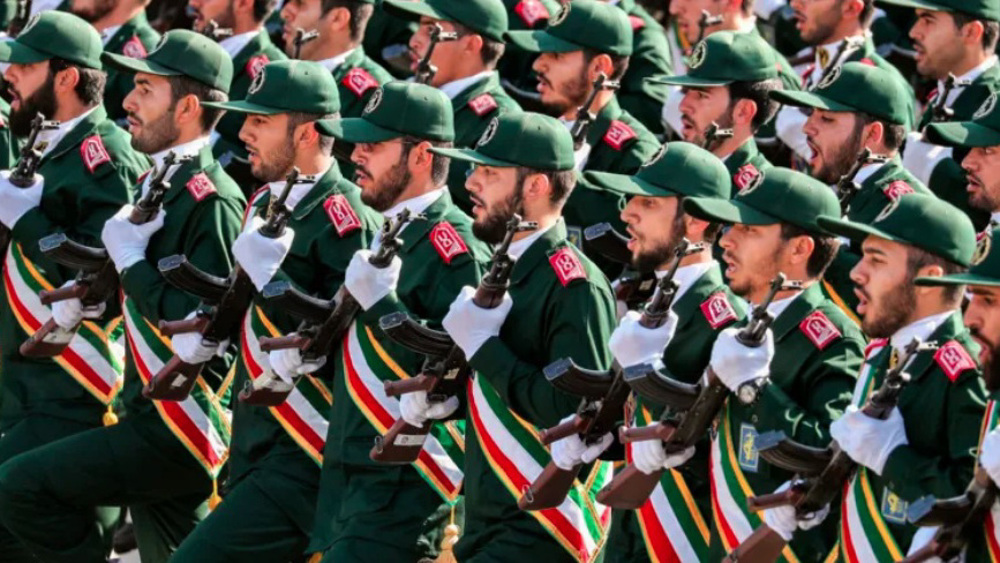Russian strikes made Syria militants accept truce: Analyst
Press TV has interviewed Manuel Ochsenreiter, editor-in-chief of Zuerst in Berlin, to discuss a confidential NATO analytical report, praising Russia’s anti-terrorist airstrikes in Syria as “accurate, efficient, and professional”.
The following is a rough transcription of the interview.
Press TV: Focusing on the confidential NATO analytical report, what the report is citing is quite contrary to initially what for example the United States and some of the opposition groups in Syria were saying about these Russian airstrikes?
Ochsenreiter: Yes, that is right but the content of this report is, let me say, like this is quite the obvious. Whoever was in a close contact and close touch with Syrians on the ground, with Syrian journalists on the ground, would confirm what is mentioned in this report. This report …, I mean this is the ironical thing about this so-called confidential report that it really just mentions and admits of course the obvious developments in Syria since September last year.
There are two huge differences between the Russian anti-terror mission in Syria and the Western so-called anti-terror mission in Syria. So difference number one is that the Russians are officially cooperating with the Syrian government that means also cooperating with the Syrian army on the ground. They are coordinating their attacks and that makes it quite efficient in strategic and in technical way.
Difference number two is that the Russians are attacking all terrorists and that they are not distinguishing between so-called moderate terrorists and so-called extremist terrorists while the American-led mission is exactly doing this. They are protecting some terrorists, they are even attacking of course other terrorists like the IS (Daesh) but also for example compounds which are under government, under Syrian government control.
Press TV: How much an important role did these Russian airstrikes play in implementing the existing truce in Syria?
Ochsenreiter: I think they were playing a very decisive way because the Syrian government, since the beginning of the war by the way the Syrian government never was against the truce and the Syrian government never was against negotiations. It was always the terrorists’ side and when we speak about the terrorists’ side this is not one hierarchy, this is not one army, there is not one leader who is opposing to Bashar al-Assad, so we have there more or less chaotic collection of countless different militias which are fighting for different causes. That means it was almost impossible to go into any agreements with those terrorist militants until now.
So the Russian mission, the Russian military mission increased the pressure against the terrorist forces in a tremendous way, what made them agreeing to a truce. I think this is one of the most important points which is always pictured in a very wrong way in Western media. It was always the Syrian government and it was of course also the Islamic Republic of Iran and of course the Russian Federation which said we have to get to a truce and we have to negotiate. It was the other side, it were the Western-backed terrorists, the [Persian] Gulf states backed terrorists, the Turkish and Israeli backed terrorists which were refusing to go into any negotiations until the truce.
VIDEO | Ramadan begins in France amid optimism, challenges
Hamas: Huckabee’s remarks expose ‘American bias towards Zionist domination, annexation’
‘We will not bow to pressure or coercion’: President Pezeshkian
Trump raises global tariffs to 15%, calls Supreme Court ruling ‘ridiculous’
IRGC Navy tests Sayyad-3G air defense missile in Strait of Hormuz
Iran labels EU naval, air forces as ‘terrorist’ in response to IRGC listing
ICE quietly buys warehouses for major detention expansion
Family of US citizen killed by Israeli settler demands end to impunity














 This makes it easy to access the Press TV website
This makes it easy to access the Press TV website